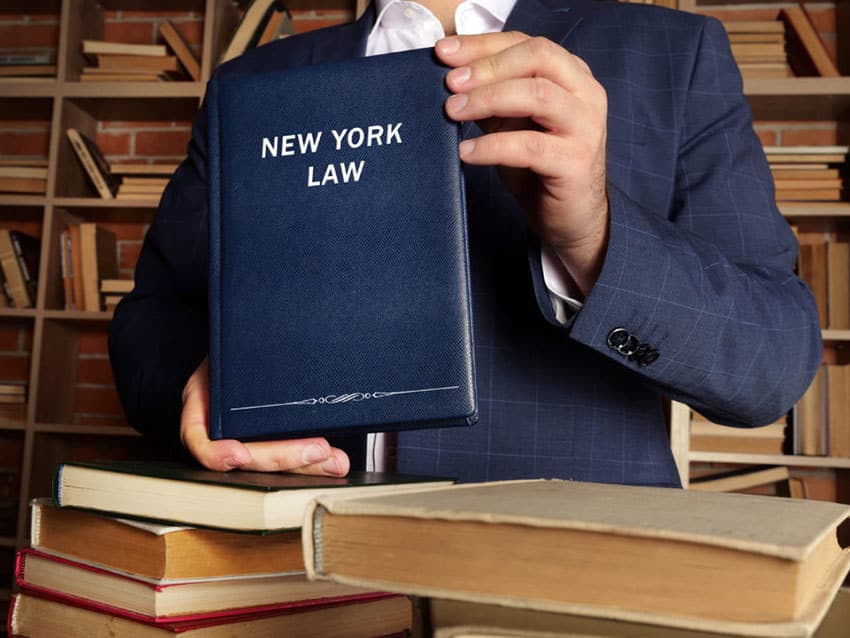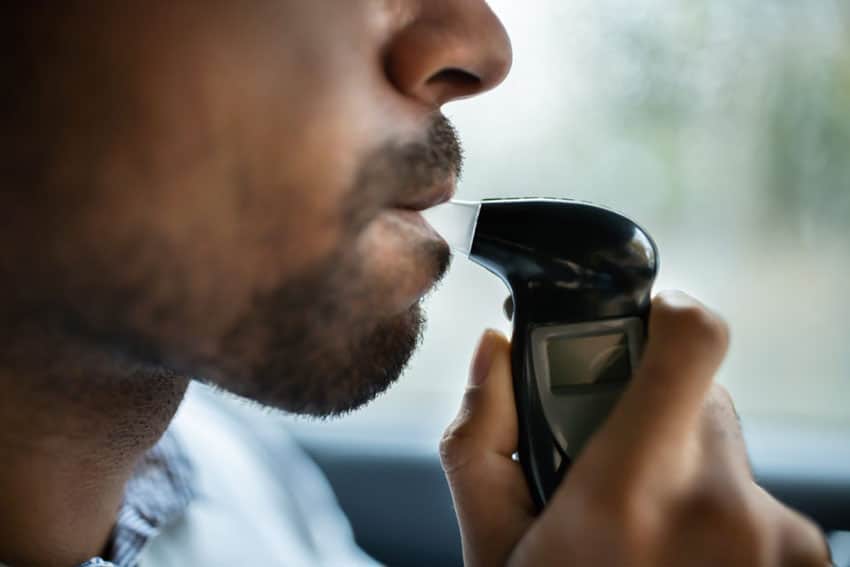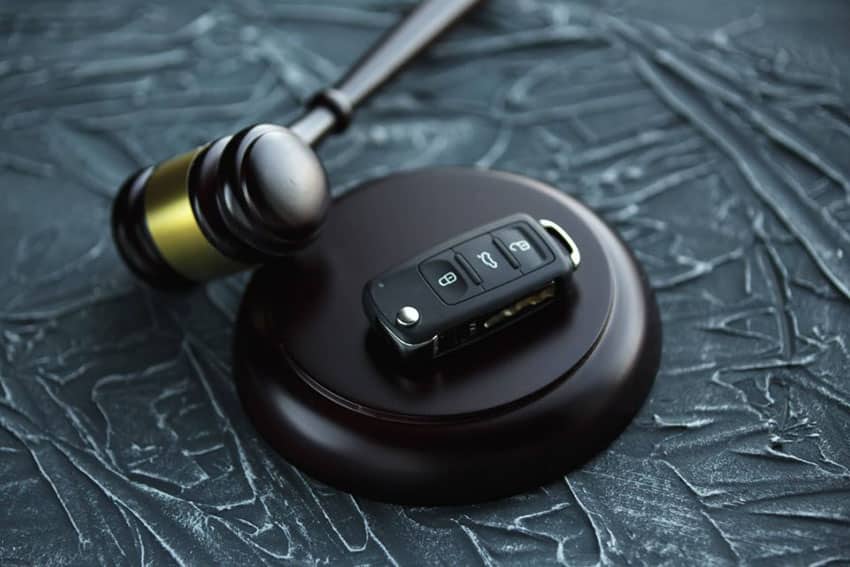The Cost of a DWI Conviction
The costs of a DWI conviction can be great. The fines can be upwards of $15,000 for the first offense. The penalties for DWI in New York have become harsher and harsher over the past couple of years. If someone is arrested in New York for DWI, the New York Police Department will confiscate the offender’s car, the Department of Motor Vehicles will suspend the offender’s driver’s license, and the offender may face jail time, even if it is their first arrest.

New York State Forfeiture Policy
In 1999, New York Mayor Rudolph Giuliani introduced a new automobile forfeiture policy that allowed the state to take the vehicles of those charged with drunk driving for the first time. Under this policy, DWI offenders can lose their cars even if they are found not guilty on the drunk-driving charge. This is because the forfeiture is a civil proceeding with a lesser burden of proof. The New York forfeiture policy is based on a city law (NYC Adm. Code 14-140) allowing police to impound and impose forfeiture of property used as an instrumentality in the commission of a crime.
Under the statute, the city of New York can seize a motor vehicle following an arrest for DWI or any other crime for which the vehicle could serve as an instrumentality. A defendant charged with DWI does not have a right to a post-arrest hearing to determine whether probable cause existed either for the driver’s arrest or for the seizure of the vehicle. Under the statute, the DWI offender is not allowed the opportunity for a prompt post-seizure hearing to test probable cause for the seizure. Under present New York law, a challenge to the seizure and retention of the vehicle can not be made until the city of New York seeks the vehicle’s forfeiture in a separate civil proceeding, which might take place months or even years after the seizure. If a DWI offender makes a demand for the return of their vehicle, the city of New York has 20 days to either initiate a civil forfeiture or release the vehicle.
Krimstock V. Kelly
In the case of Krimstock v. Kelly, the 2nd Circuit considered the constitutionality of the forfeiture law. The court found that the statute was unconstitutional because it permits the city of New York or government to both seize and retain the property of DWI offenders without first requiring probable cause for either the initial seizure or continued retention and subsequent forfeiture of a vehicle. The court stated that the statute raised serious 4th Amendment concerns because the civil forfeiture proceedings in these cases sometimes take months or years and the subsequent inquiry into probable cause for these vehicle seizures is often put off for a long time.
Because of the Krimstock case, DWI offenders are now required to be afforded an early opportunity to test the propriety of the City’s retention of their vehicles soon after seizure and prior to any eventual civil forfeiture. The case makes it clear that the actual nature of such hearing is reserved for the district courts. The case states that the forfeiture hearing must enable DWI offenders to test the probable cause for the warrantless seizure of their vehicle. In the absence of probable cause for the seizure of an offender’s vehicle, the vehicle would have to be released during the pendency of the criminal and civil proceedings. The court stated in the case that an alternative to the continued seizure of the vehicle in question would be the filing of a bond.
The attorneys with the DWI Team are experienced in handling DWI cases, and are well versed in the New York State forfeiture policy. If you need a lawyer who can help you obtain the best possible outcome in your case, contact us today.
DISCLAIMER: The exclusive purpose of this article is educational and it is not intended as either legal advice or a general solution to any specific legal problem. Corporate offices for The DWI Team are located at 231 Walton Street, Syracuse, New York 13202; Telephone No.: 1-800-394-8326. Prior results do not guarantee a similar outcome.










